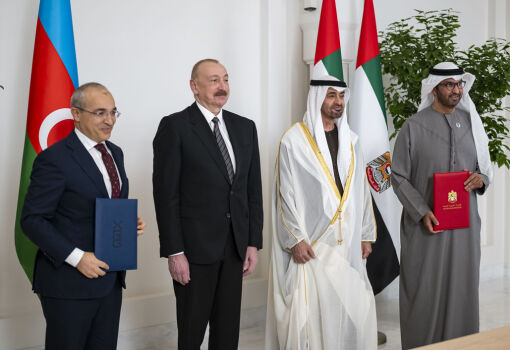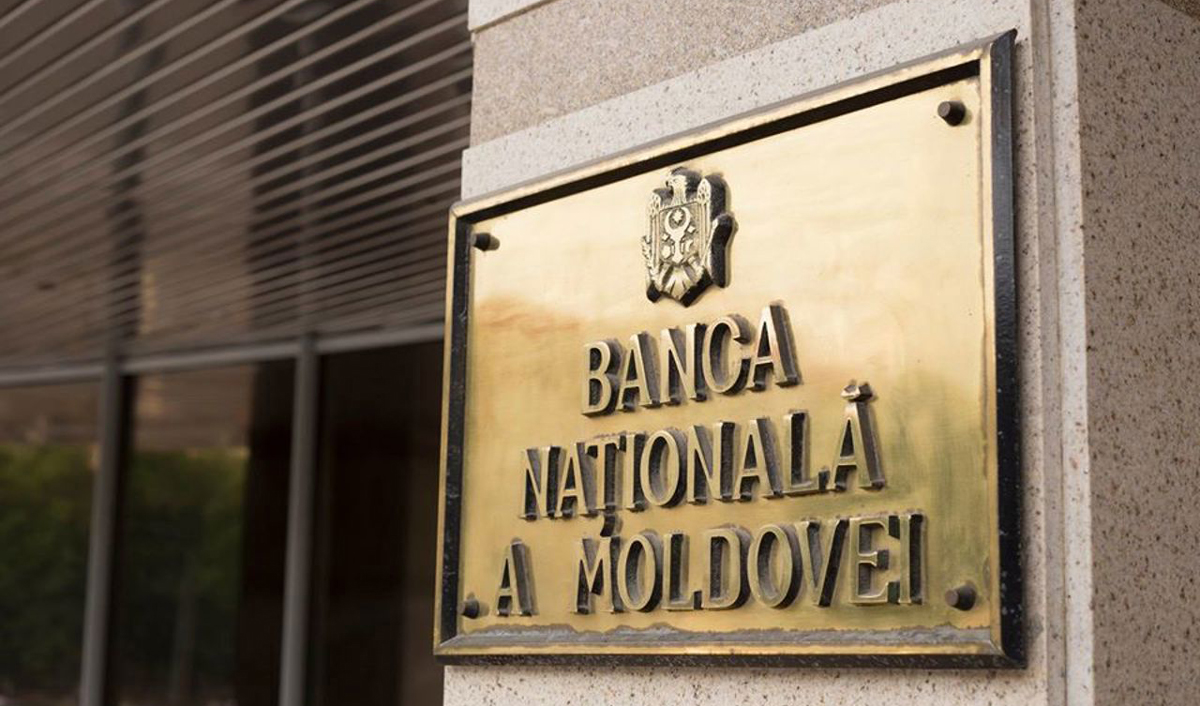
Its methodology combines quantitative and qualitative data to provide a basis for analyzing the business climate in Moldova. According to the American Chamber of Commerce, representatives of 372 Moldovan companies from all regions and economic sectors participated in the survey, of which 68 were AmCham Moldova members. Opinions were measured in ten areas, including administrative-legal, tax, foreign economic and other areas, as well as labor market, energy, digitalization and environmental protection.
The Index of Economic Transformation and Reforms in Moldova provides an insight into the interaction between the public and private sectors, as well as the impact of public policies on the business environment and productivity in the economy. A similar analysis of the business community sentiment will be conducted semi-annually, providing a platform for dialog and finding solutions to improve the situation in the economy.
METRIX data is presented in comparison with information on Eastern European countries – candidates for EU accession.
Overall, almost half (45%) of respondents assessed the situation in the economy as neutral. The percentage of positive and negative assessments is approximately the same, but differs by region. Those in the center are more favorable to the government’s actions in the economy, while those in the north and south are more critical.
At the same time, all representatives of the business community note that the government’s attention to social policy prevails over economic measures. Although the preparation for EU accession, or rather, the process of harmonization of the Moldovan legislation with the EU norms, is rather positively assessed. Its business evaluated it at 6.1 on a ten-point scale.
The most positive assessment of business is the dynamics of changes and their impact on the economy in the field of digitalization, while the most complaints are about the situation on the labor market.













